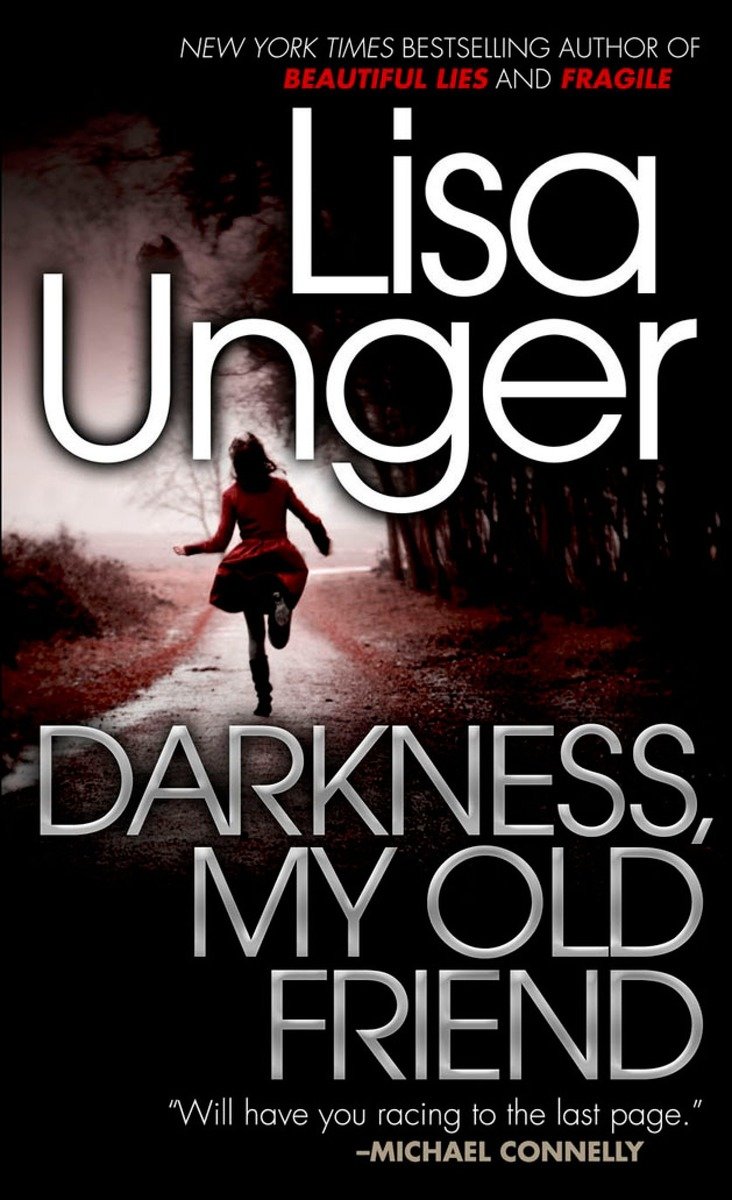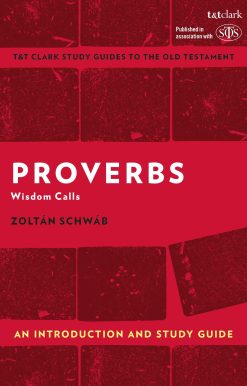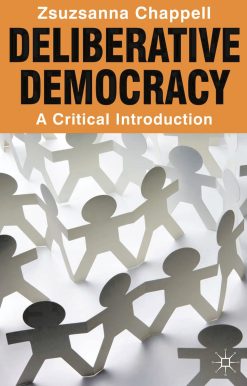Darkness, My Old Friend
8.00 JOD
Please allow 2 – 5 weeks for delivery of this item
Add to Gift RegistryDescription
Novelist Bethany Graves is recovering from a bitter divorce when she decides to move back to her small Northeastern hometown, The Hollows. There, she plans to write her next book and repair her relationship with her teenage daughter, Willow. But when Willow spots a caver digging what looks like a grave in the nearby woods, they becomes tangled up in an investigation that goes back over twenty-five years. Soon more townspeople are involved, from semi-retired cop Jones Cooper to local psychic Eloise Montgomery, whose dire visions warn that pursuing this case may just be the last thing they do.
Additional information
| Weight | 0.28 kg |
|---|---|
| Dimensions | 2.54 × 10.67 × 14.53 cm |
| PubliCanadation City/Country | USA |
| Author(s) | |
| Format | |
| Language | |
| Pages | 496 |
| Publisher | |
| Year Published | 2012-6-26 |
| Imprint | |
| ISBN 10 | 0307949672 |
| About The Author | Lisa Unger is the bestselling author of eleven novels. She lives in Florida with her husband and daughter. |
“Deeply plotted and complex. . . . Will have you racing to the last page.” —Michael Connelly “Lisa Unger is one of my favorite authors. She gets better and better with each book.” —Karin Slaughter “Has a gripping plot, fast-paced action, and characters that seem so real they almost leap from the printed page. Darkness, My Old Friend is a great follow-up to . . . Fragile.” —The Tucson Citizen“The scariest things are what we don’t know about our neighbors and friends. . . . [An] exciting psychological thriller.” —South Florida Sun-Sentinel “One of Unger’s best thrillers yet” —Library Journal (starred review) "Unger has a sure touch with teenage characters and their parents, exploring the sometimes painful territory without falling back on stereotypes. She also shines a light on marital bonds, some strong, some broken, some unhealthy. . . . Unger gives us one other important element: characters to root for as well as against.” —The Charlotte Observer “Reading Darkness, My Old Friend is a bit like moving to a small town such as The Hollows. First you get to know the locals, slowly but surely, and then once you’re familiar, you start to notice the oddities and peculiarities of the place, wondering what secrets it’s hiding.” —Bookreporter “Good reading, canny characterizations.” —Cleveland Plain Dealer "[A] gripping psychological thriller . . . as much about uncovering the past as it is about accepting the future.” —Publishers Weekly “This is a magnificent, well told story, full of revelations about human nature.” —Javier Sierra, New York Times bestselling author of The Lost Angel “The beauty of this unconventional crime novel is that focus is not on whodunit but the darkness that drives us.” —Family Circle |
|
| Excerpt From Book | Chapter OneJones Cooper feared death. The dread of it woke him in the night, sat him bolt upright and drew all the breath from his lungs, narrowed his esophagus, had him rasping in the dark. It turned all the normal shadows of the bedroom that he shared with wife into a legion of ghouls and intruders waiting with silent and malicious intent. When? How? Heart attack. Cancer. Freak accident. Would it come for him quickly? Would it slowly waste and dehumanize him? What, if anything, would await him?He was not a man of faith. Nor was he a man without stain on his conscience. He did not believe in a benevolent universe of light and love. He could not lean upon those crutches as so many did; everyone, it seemed, had some way to protect himself against the specter of his certain end. Everyone except him.His wife, Maggie, had grown tired of the 2:00 a.m. terrors. At first she was beside him, comforting him: Just breathe, Jones. Relax. It’s okay. But even she, ever-patient shrink that she was, had started sleeping in the guest room or on the couch, even sometimes in their son’s room, empty since Ricky had left for Georgetown in September.His wife believed it had something to do with Ricky’s leaving. “A child heading off for college is a milestone. It’s natural to reflect on the passing of your life,” she’d said. Maggie seemed to think that the acknowledgment of one’s mortality was a rite of passage, something everyone went through. “But there’s a point, Jones, where reflection becomes self-indulgent, even self-destructive. Surely you see that spending your life fearing death is a death in and of itself.”But it seemed to him that people didn’t reflect on death at all. Everyone appeared to be walking around oblivious to the looming end—spending hours on Facebook, talking on cell phones while driving through Starbucks, reclining on the couch for hours watching some mindless crap on television. People were not paying attention—not to life, not to death, not to one another.“Lighten up, honey. Really.” Those were the last words she’d said to him this morning before she headed off to see her first patient. He was trying to lighten up. He really was.Jones was raking leaves; the great oaks in his yard had started their yearly shed. There were just a few leaves now. He’d made a small pile down by the curb. For all the years they’d been in this house, he’d hired someone to do this work. But since his retirement, almost a year ago now, he’d decided to manage the tasks of homeownership himself—mowing the lawn, maintaining the landscaping, skimming the pool, washing the windows, now raking the leaves, eventually shoveling the snow from the driveway. It was amazing, really, how these tasks could fill his days. How from morning to night, he could just putter, as Maggie called it—changing lightbulbs, trimming trees, cleaning the cars.But is it enough? You have a powerful intellect. Can you be satisfied this way? His wife overestimated him. His intellect wasn’t that powerful. The neighbors had started to rely on him, enjoyed having a retired cop around while they were at work, on vacation. He was letting repair guys in, getting mail, and turning on lights when people were away, checking perimeters, keeping his guns clean and loaded. The situation annoyed Maggie initially—the neighbors calling and dropping by, asking for this and that—especially since he wouldn’t accept payment, even from people he didn’t really know. Then people started dropping off gifts—a bottle of scotch, a gift certificate to Grillmarks, a fancy steakhouse in town.“You could turn this into a real business,” Maggie said. She was suddenly enthusiastic one night over dinner, paid for by the Pedersens. Jones had fed their mean-spirited cat, Cheeto, for a week.He scoffed. “Oh, yeah. Local guy hanging around with nothing to do but let the plumber in? Is that what I’d call it?”She gave him that funny smile he’d always loved. It was more like the turning up of one corner of her mouth, something she did when she found him amusing but didn’t want him to know it.“It’s a viable service that people would pay for and be happy to have,” she said. “Think about it.”But he enjoyed it, didn’t really want to be paid. It was nice to be needed, to look after the neighborhood: to make sure things were okay. You didn’t stop being a cop when you stopped being a cop. And he wasn’t exactly retired, was he? He wouldn’t have left his post if he hadn’t felt that it was necessary, the right thing to do under the circumstances. But that was another matter.The late-morning temperature was a perfect sixty-eight degrees. The light was golden, the air carrying the scent of the leaves he was raking, the aroma of burning wood from somewhere. In the driveway Ricky’s restored 1966 GTO preened, waiting for him to come home from school next weekend. Jones had it tuned up and detailed, so it would be cherry when the kid got back.He missed his son. Their relationship through the boy’s late adolescence had been characterized, regrettably, by conflict more than anything else. Still, he couldn’t wait for Ricky to be back under his roof again, even if it was just for four days. If anyone told him how much he’d really, truly miss his kid, how he’d feel a squeeze on his heart every time he walked by that empty room, Jones wouldn’t have believed it. He would have thought it was just another one of those platitudes people mouthed about parenthood.He leaned his rake against the trunk of the oak and removed his gloves. A pair of mourning doves cooed sadly at him. They sat on the railing of his porch, rustling their tawny feathers.“I’m sorry,” he said, not for the first time. Earlier, he’d removed the beginning of their nest, a loose pile of sticks and paper that they managed somehow to place in the light cover of his garage door’s opening mechanism. Mourning doves made flimsy nests, were lazy enough to even settle in the abandoned nests of other birds. So the garage must have seemed like a perfect residence for them, offering protection from predators. But he didn’t want birds in the garage. They were harbingers of death. Everyone knew that. They’d been hanging around the yard, giving him attitude all morning.“You can build your nest anywhere else,” he said, sweeping his arm over the property. “Just not there.”They seemed to listen, both of them craning their necks as he spoke. Then they flapped off with an angry, singsong twitter.“Stupid birds.”He drew his arm across his forehead. In spite of the mild temperatures, he was sweating from the raking. It reminded him that he still needed to lose those twenty-five pounds his doctor had been nagging him about for years. His doctor, an annoyingly svelte, good-looking man right around Jones’s age, never failed to mention the extra weight, no matter the reason for his visit—flu, sprained wrist, whatever. You’re gonna die one of these days, too, Doc, Jones wanted to say. You’ll probably bite it during your workout. Whaddaya clocking these days—five miles every morning, more on the weekends? That’ll put you in an early grave. Instead Jones just kept reminding him that the extra weight around his middle had saved his life last year.“I’m not sure that’s a compelling argument,” said Dr. Gauze. “What are the odds of your taking another bullet to the gut, especially now that you’re out to pasture?”Out to pasture? He was only forty-seven. He was thinking about this idea of being out to pasture as a beige Toyota Camry pulled up in front of house and came to a stop. He watched for a second, couldn’t see the person in the driver’s seat. When the door opened and a slight woman stepped out, he recognized her without being able to place her. She was too thin, had the look of someone robbed of her appetite by anxiety. She moved with convalescent slowness up his drive, clutching a leather purse to her side. She didn’t seem to notice him standing there in the middle of his yard. In fact, she walked right past him.“Can I help you?” he said finally. She turned to look at him, startled.“Jones Cooper?” she said. She ran a nervous hand through her hair, a mottle of steel gray and black, cut in an unflatteringly blunt bob.“That’s me.”“Do you know me?” she asked.He moved closer to her, came to stand in front of her on the paved drive that needed painting. She was familiar, yes. But no, he didn’t know her name.“I’m sorry,” he said. “Have we met?”“I’m Eloise Montgomery.”It took a moment. Then he felt the heat rise to his cheeks, a tension creep into his shoulders. Christ, he thought.“What can I do for you, Ms. Montgomery?”She looked nervously around, and Jones followed her eyes, to the falling leaves, the clear blue sky.“Is there someplace we can talk?” Her drifting gaze landed on the house. |
Only logged in customers who have purchased this product may leave a review.






Reviews
There are no reviews yet.